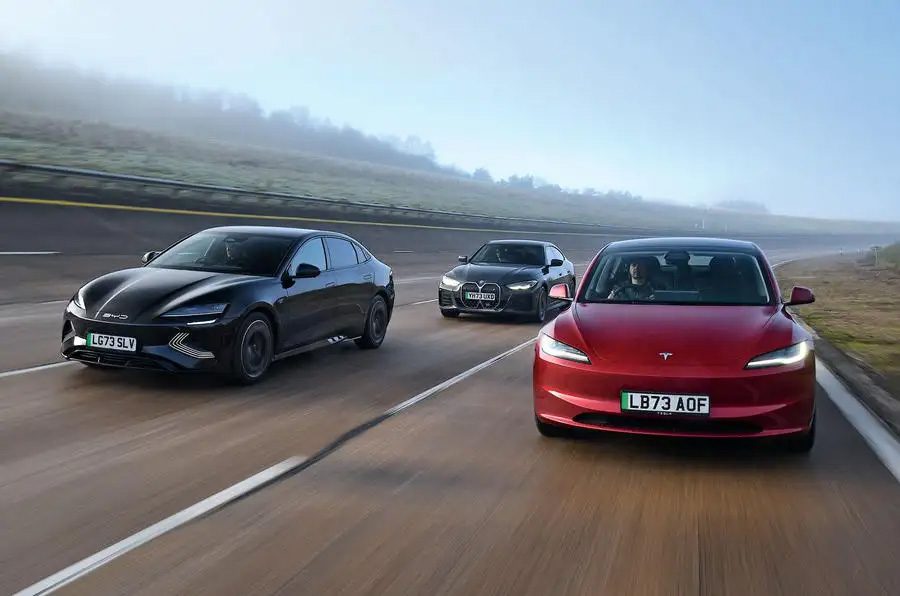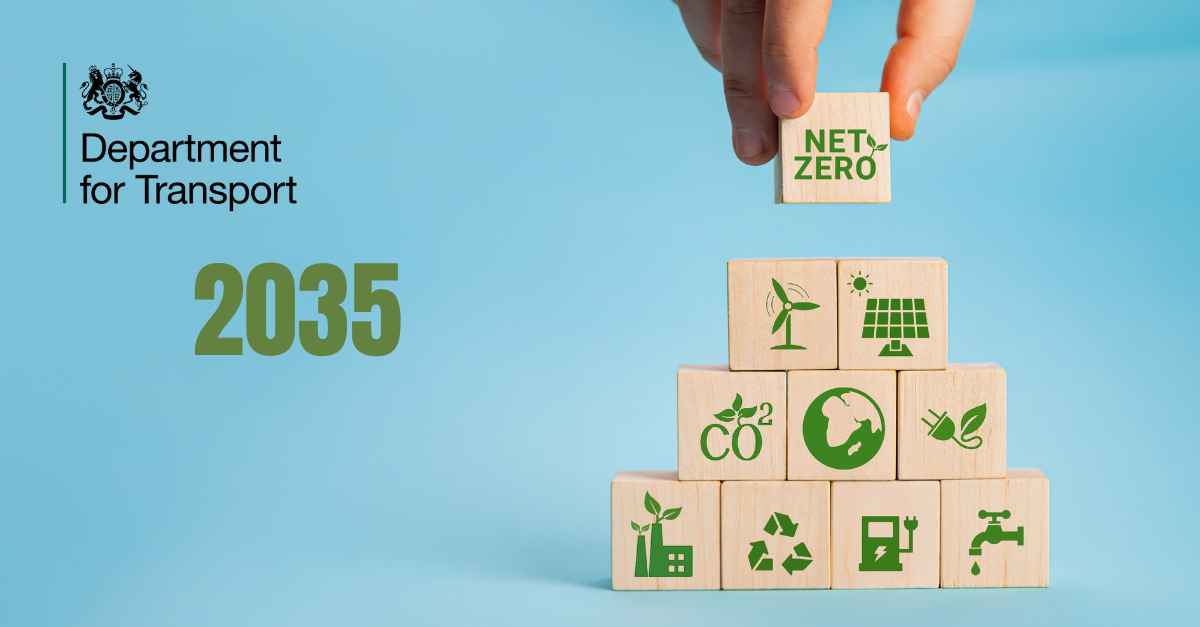Changes are set to be made to the UK’s zero-emission vehicle (ZEV) mandate, the government has confirmed, following a backlash from car makers over the rules.

The decision was announced by business secretary Jonathan Reynolds. He said he was “concerned” by how the current historic laws “are working at the moment”.
The government will now consult with car makers to find “options for a better way forward”. Reynolds confirmed the 2030 ban on new pure-combustion cars would remain.
“We get the seriousness of the situation and we get the urgency,” he said. He added that a decision would be made before the end of the year. “We know that you need certainty and that’s why we will fast-track that consultation….”

He added: “I want to do everything possible to make sure EVs are built here in Britain. The future of EV cars in the UK is not and should not be a negative story. It should be positive because the products are great.”
EV sales are forecast to achieve only an 18.5 market share this year, down from the 22 per cent mandated.
A lack of support from the government, including incentives, has been the key criticism from car makers. They say that the targets are unachievable without assistance during an EV lull.

Lisa Brankin, MD of Ford of Britain and Ireland, said: “Ford shares the UK government’s ambition for 100 per cent zero-emission vehicles by 2035. However, current market challenges are making the Vehicle Emissions Trading scheme unworkable. We welcome today’s reports suggesting that there will be a fast-track review of the scheme. We are pleased that the government is listening to industry at this crucial time.
“The end goal is not in question, but current demand for electric vehicles is lower than expected. It is not in line with the mandated trajectory. For manufacturers like Ford who have invested billions into new technologies and advanced manufacturing, there needs to be greater flexibility built into the scheme and government-backed incentives to help encourage customers to make the switch.”

Vicky Read, CEO of ChargeUK, said that she was pleased the consultation would “bring much needed clarity”. However, she warned that any changes to the EV sales mix targets “risk inducing the uncertainty that all sides agreed is the very enemy of the EV transition”.
Major changes to the ZEV mandate would risk “billions of pounds of investment in the EV charging infrastructure roll-out”.
Nissan, on the other hand, has called on the UK government to make urgent changes to the ZEV mandate, warning that failing to do so risked “undermining the business case” for future investment.
The Japanese company employs 7000 people in the UK and called the targets “outdated”. Another Nissan spokesperson concurred, demanding “urgent action”. The mandate “risks undermining the business case for manufacturing cars in the UK and the viability of thousands of jobs and billions of pounds in investment”.


